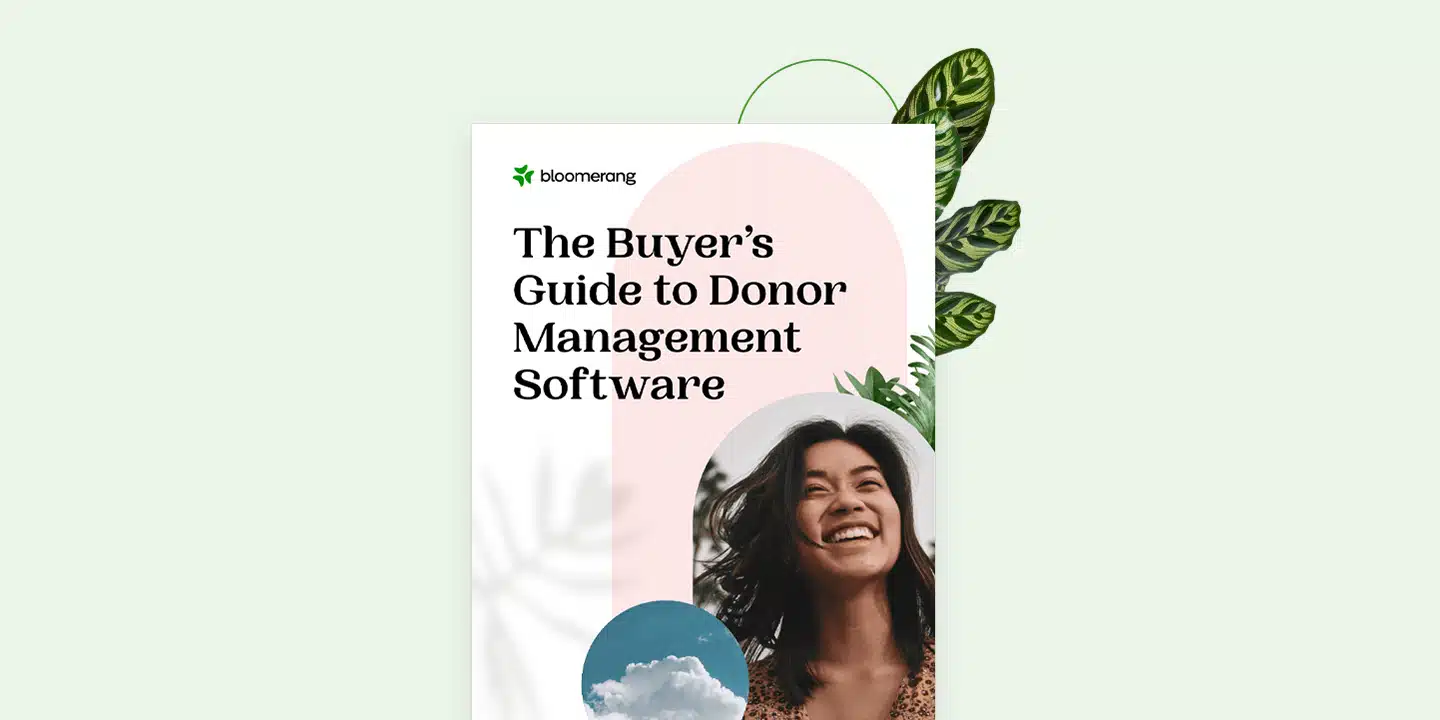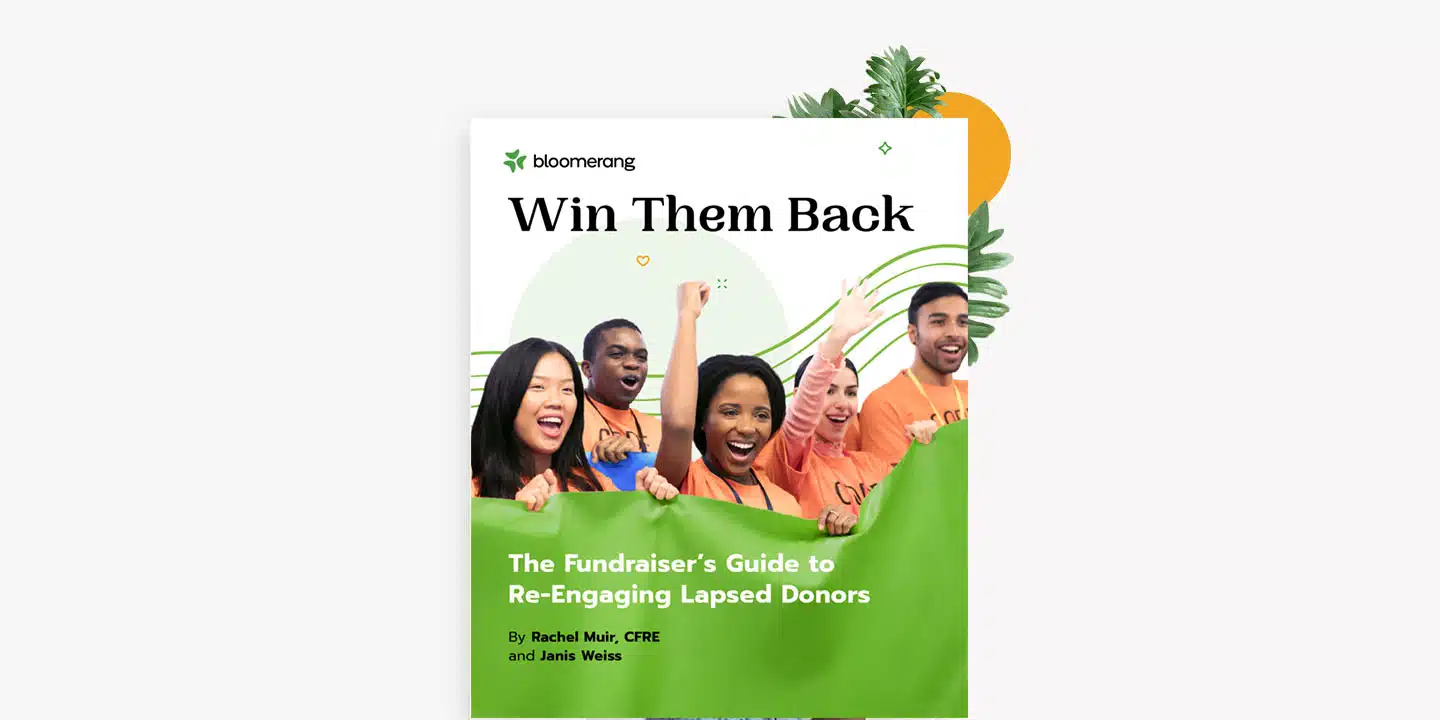Almost every nonprofit needs a good grant writer. For those organizations that can’t afford a full-time staff member, grant consultants can play a pivotal role.
Grant consultants are often experienced grant writers and fundraisers who’ve chosen to work with multiple organizations instead of being on staff with a single nonprofit. While many people think of grant consultants as simply people who write grants on contract, they can be so much more!
In this article, we’re going to delve into some surprising lessons we’ve learned from both working as grant consultants and coaching grant consultants. We’ll look at what grant consultants really do, the different ways they specialize and niche down, and the pricing models that are most common in the field. Plus, if you’re interested in launching or growing a grant consulting business, we’ll share some of our top tips for building a business you love.
1. Not all grant consulting looks the same
Grant fundraising is about so much more than simply writing a proposal and hitting send. This is why grant consultants may provide a wide range of grant-related services, from grant writing to prospect research to grant reporting.
Not all grant consultants provide the same services, though. Common grant consulting scopes include:
- Project-focused grant consulting: Some consultants provide one-time services, such as prospect research and writing a grant template. The organization’s own staff are then responsible for conducting funder outreach, managing grant deadlines, and adapting the grant template for each funder’s requirements.
- Comprehensive, high-touch grant consulting: In contrast, other consultants serve as long-time partners for organizations, filling the roles of grant writer, grants manager, grants researcher, and even grant funding strategist. These consulting relationships may last years, providing long-term stability for consultants and nonprofits.
- On-call grant consulting: Still other consultants serve as on-demand grant writers and strategists. For example, an organization might reserve time on a consultant’s calendar to write a couple of complex or high-stakes grant proposals each year. Or an organization might establish a retainer with a grant consultant who they can go to for strategy and advice as needed.
With so many options available, we advise grant consultants to get clear upfront about how they prefer to work with nonprofits and to seek out clients whose needs align.
2. Grants management is often a key part of grant consulting
Many grant consultants come from a nonprofit fundraising background. With experience in every aspect of grant fundraising, these consultants know firsthand the importance of donor data management—and how nonprofits often overlook this aspect of fundraising strategy. They also know that no matter how many proposals you write, without solid grants management, success will be limited.
With this in mind, many grant consultants advise their clients on how to evaluate, select, and set up effective donor management systems. For some organizations, this means upgrading from an outdated spreadsheet to their first professional donor CRM.
Once a donor CRM is in place, consultants may manage grant-related data, support staff members’ funder outreach, and keep on top of grant deadlines. Consultants who like to see how their work leads to organizational success and sustainability tend to enjoy this more comprehensive and hands-on grant consulting approach.
3. Grant consultants may specialize by organizational sector or size
The nonprofit sector is far from uniform. Organizations vary by size, budget, sector, geography, and type of work. Just like the foundations that fund nonprofits, grant consultants often specialize in working with certain types of organizations.
Grant consultants can “niche down” in a variety of ways. For example, one consultant may primarily serve arts and culture organizations in a single state, while another may specialize in working with national advocacy organizations with budgets over $5 million. Yet another consultant may choose to work only with faith-based organizations.
There are surprising benefits to niching down. Grant consultants may get to know the most active funders in their area or sector very well—often better than their clients—and can bring valuable insights to grant strategy and writing. If a consultant becomes known as the “go-to” grants expert for certain types of organizations, they may get a steady stream of referrals. Consultants may also be familiar with what makes an effective and sustainable program in their niche, enabling them to guide clients toward best practices and even stronger programs.
While niching down can feel scary and limiting at first, for many consultants, the approach pays off financially and leads to highly rewarding work.
4. Project-based pricing benefits grant consultants and nonprofits
While organizations often expect to pay grant consultants by the hour, many of the consultants we coach ultimately choose to switch to project-based billing.
Project-based billing is exactly what it sounds like: charging by a project or scope of work vs by the hour. For example, a grant consultant would charge a flat fee for creating a grant template proposal that the organization can easily customize for dozens of funders. Or a consultant might work on a retainer, where, for a flat monthly fee, they complete up to two grant deliverables per month.
While organizations may be less familiar with project-based billing, it can benefit both consultants and their clients. Consultants can more easily plan for their income and let go of the burden of tracking client hours. Nonprofit clients benefit from easier budgeting, avoid cost overruns (such as when a consultant bills more hours than expected), and be confident in the work product they will be receiving.
5. Pricing varies widely – so focus on value
Grant consulting services, fees, and fee structures vary widely. For example, depending on the type of proposal and the consultant’s experience, hourly fees for grant writing alone can range from $25 an hour to over $200!
This unwieldy pricing range can create unrealistic budget expectations among nonprofits and leave grant consultants uncertain about how to price their services. In fact, pricing is one of the most common questions I get from grant consultants in my business coaching work.
That’s why I advise consultants and nonprofits to focus on the value a grant consultant is adding to the organization. For example, hiring an experienced grant consultant could free up dozens of hours on the calendar of an executive director used to writing every grant from scratch. A grant consultant could also increase the number of funded grants by crafting high-quality, targeted proposals. Or a consultant could provide the research, tools, and hands-on guidance for an organization to significantly grow its budget.
In the business world, people talk about return on investment or ROI. In general, grant consulting offers an incredibly high return on investment for nonprofits and is well worth the expense.
Takeaways for grant consultants
Building from these lessons, when we coach consultants who are launching or growing their businesses, we have a few consistent recommendations:
- Get clear on your services. While grant consultants may provide a range of services, they don’t have to! Knowing what you enjoy most means you can create and market services that you love providing (and avoid getting stuck doing the ones you don’t).
- Identify your ideal client. Do you love working with small arts organizations or prefer big-budget advocacy groups? Recognizing your ideal client is the first step to landing more of those types of clients. You can keep your ideal client in mind when you define and describe your services, write your bio, select which networking events to attend, and even decide what to post on LinkedIn.
- Develop packages in advance. The clearer you are about your pricing and services upfront, the easier it will be to communicate with and deliver results for clients—while also being paid fairly for your work and expertise.
- Focus on the value you add. Nonprofit consultants of every type struggle with imposter syndrome. Focusing on the value you add—rather than the fee you are charging—helps build confidence. Try documenting what you’ve done for one or two clients. For example, did you help an organization land its biggest grant ever? Maybe you helped a new client implement a donor CRM that’s already yielding great results. Tally it up to remind yourself and others of the value you’re providing.
- Get comfortable saying no. As a grant consultant, you don’t have to say yes to every prospective client that comes your way. This might be hard at first, but doing work you enjoy, feeling confident that you are adding value, and being respected and paid fairly is all possible when you’re a consultant. Often, saying no is one of the hardest and most empowering things a grant consultant can do.












Comments